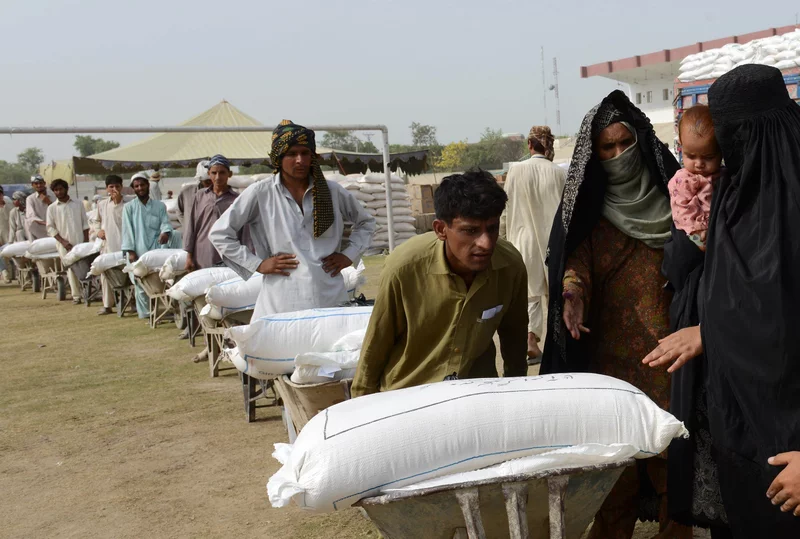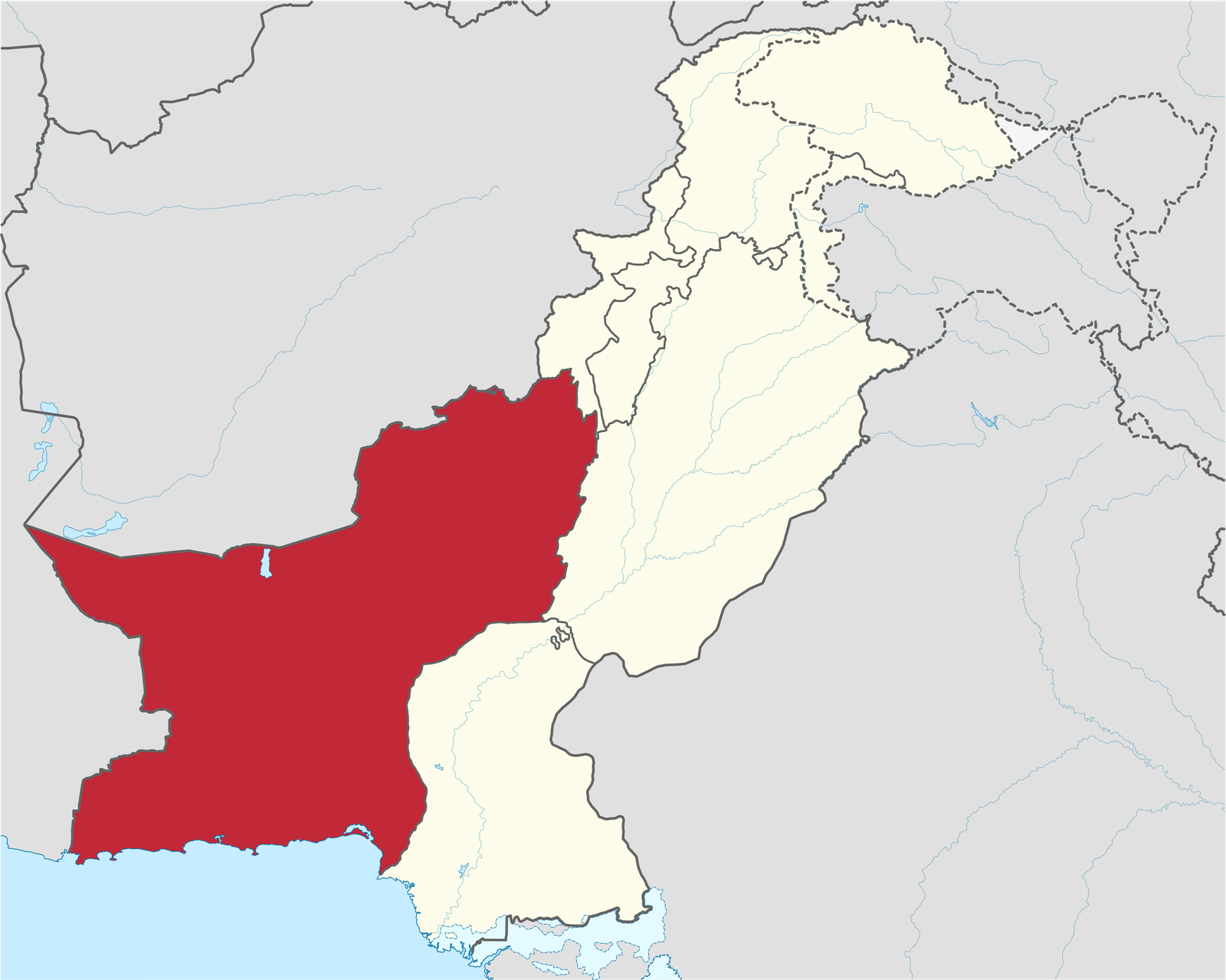Daniyal Ajmal
In an era where despair and trepidation define the government’s relationship with its people, the latter are flocking towards brighter horizons. Astonishing figures from the Bureau of Emigration and Overseas Employment reveal that in 2022 alone, a staggering 832,339 Pakistanis secured employment abroad. As if this exodus weren’t disconcerting enough, the first five months of 2023 witnessed an additional 315,787 citizens bidding farewell to their homeland, marking an unprecedented population loss reminiscent of the turbulent year of 1971. Curiously, official unemployment statistics for the past two years have conveniently downplayed the gravity of the situation, while economists speculate that the actual jobless rate hovers around a daunting 11-12%. Startlingly, Frontex recently disclosed to Reuters that “Pakistanis rank third in terms of nationalities registered in Italy” at present. Furthermore, data from the Federal Investigation Agency (FIA) confirms that 401 individuals were apprehended while attempting to cross the border early this year. This mass exodus, characterized by its haste and enormity, is far from a propitious omen, and the government bears the brunt of the blame. The economy and employment sectors languish amidst rampant inflation, political turmoil, widespread insecurity, and the precipitous devaluation of the national currency, compelling individuals from all strata of society to abandon the sinking ship that is Pakistan.
The ramifications of this unprecedented exodus extend beyond mere numbers and statistics. It is a poignant reflection of the deep-seated disillusionment and frustration that permeate every facet of society. Talented professionals, skilled laborers, and ambitious youth are compelled to seek greener pastures in foreign lands, driven by the desolate landscape they encounter at home. The government’s inability to address the pressing issues of inflation, political instability, and deteriorating security has created an environment rife with uncertainty and disillusionment. As the rupee plunges to new lows and businesses struggle to stay afloat, the once vibrant entrepreneurial spirit that characterized Pakistan is stifled, leaving countless dreams shattered and aspirations unfulfilled.
The consequences of this mass exodus are manifold. The brain drain poses a significant loss to the country’s intellectual capital, as bright minds and skilled professionals take their expertise elsewhere, leaving a void that is difficult to fill. Moreover, the remittances sent back by overseas Pakistanis, which have long been a lifeline for the economy, may dwindle as more individuals seek opportunities abroad. This, coupled with the strain on the already burdened healthcare and education sectors, further exacerbates the challenges faced by the government.
It is imperative that the government takes urgent and concrete steps to reverse this tide of emigration. Merely paying lip service to the issue will not suffice. A comprehensive and well-thought-out strategy is needed to address the root causes of this exodus and create an environment that nurtures and retains talent. This entails tackling inflation head-on, restoring political stability, and prioritizing security concerns. The government must also foster an atmosphere of trust and transparency, where citizens feel valued and have faith in the system’s ability to deliver on its promises.
Don’t forget to Subscribe our channel & Press Bell Icon.
Additionally, efforts should be made to create a conducive business environment that encourages investment and job creation. Streamlining bureaucratic procedures, offering incentives to entrepreneurs, and investing in vocational training and skill development programs can go a long way in revitalizing the economy and stemming the tide of emigration.
Lastly, it is essential to recognize and harness the potential of the Pakistani diaspora. Establishing mechanisms to facilitate their contribution to the country’s development, such as providing opportunities for overseas Pakistanis to invest in local ventures or participate in knowledge-sharing initiatives, can serve as a powerful catalyst for progress.
In the annals of Pakistan’s history, the callous indifference towards the steady exodus of its own human capital has been nothing short of infuriating. The government’s indifference now extends even to those who lack the means to escape, revealing a predatory and anti-citizen stance, where a privileged few enjoy protection while the rest are left to fend for themselves. Astonishingly, even the affluent are opting for desertion, seeking a brighter future for their children—a life where justice is not an illusion and accountability prevails in well-functioning, bureaucracy-free systems. For the impoverished, it offers a chance to escape the clutches of a police state and bridge the heart-wrenching gap between the haves and the have-nots.
Furthermore, the educated and skilled individuals see greener pastures abroad as a gateway to better resources and elusive opportunities for personal growth, which are scarce within the confines of their homeland. The inability of our nation, where the youth make up more than 68% of the population, to anticipate this mass exodus is a glaring testament to our deep-rooted and costly apathy. A more discerning perspective would reveal the somber aftermath of this phenomenon—skyrocketing food prices, dwindling corporate profits, stagnant foreign investment, and the flight of capital, talent, and consequently, prosperity. Unless a miracle transpires, our already fragile economy is poised to be crippled by this relentless brain drain—a predicament that seasoned economists view as an open-and-shut case.
It is imperative to acknowledge the recent downward spiral that has further exacerbated the situation. Pakistan’s narrative may soon unravel, mirroring an exodus of biblical proportions. The consequences of this mass departure are profound and multifaceted. As the diaspora grows, we witness the erosion of our intellectual capital, as brilliant minds seek refuge elsewhere. This drain will undoubtedly take a toll on the country’s ability to innovate, adapt, and compete on a global scale. The repercussions will extend far beyond the loss of human potential; they will reverberate throughout the very fabric of society, stifling progress, and perpetuating a vicious cycle of underdevelopment.
Amidst this disheartening scenario, there is an urgent need for self-reflection and a radical shift in priorities. Pakistan must address the systemic issues that drive its citizens away. This requires meaningful reforms to foster an environment of inclusivity, justice, and equal opportunity for all. Only by dismantling the barriers that hinder growth and progress can we hope to stem the tide of emigration and entice our talented individuals to stay and contribute to the nation’s advancement.
Moreover, it is high time for the government to prioritize the well-being and aspirations of its people. Instead of perpetuating a culture of privilege and protection for the elite, efforts should be focused on creating an equitable society where every citizen has a fair chance at success. This involves tackling rampant corruption, improving governance, investing in education and skills development, and providing a conducive business environment that encourages entrepreneurship and job creation.
While the gravity of the situation cannot be understated, it is crucial to recognize that all hope is not lost. Pakistan possesses an abundance of untapped potential, waiting to be harnessed. By fostering a culture of innovation, nurturing talent, and providing the necessary support systems, we can reverse the tide and create an environment that inspires our citizens to stay, contribute, and flourish.
In conclusion, Pakistan’s nonchalant attitude towards the mass exodus of its human capital is a tragic tale of missed opportunities and misplaced priorities. The consequences of this brain drain are far-reaching and demand immediate attention. It is time for introspection, reform, and a genuine commitment to building a prosperous and inclusive nation. Only then can we rewrite our destiny and stem the tide of talented individuals seeking greener pastures elsewhere. Pakistan cannot afford to lose its brightest minds, skilled professionals, and motivated youth. We must create an environment that nurtures their aspirations, offers ample opportunities for growth, and ensures a fair and just society. It is not enough to lament the exodus; we must take concrete steps to address the root causes that drive our people away. This requires comprehensive reforms in education, governance, economy, and social welfare. We need to dismantle the barriers that hinder progress, promote entrepreneurship, and provide a level playing field for all. By investing in our human capital and creating an enabling environment, we can reverse the tide and make Pakistan a place where dreams are realized and talents flourish. The time to act is now. Let us unite in our efforts to build a brighter future for Pakistan and reclaim our position as a land of opportunity and promise. Together, we can turn the narrative of despair into a story of hope and resilience.
Subscribe our website for latest updates:
https://republicpolicy.com/shop/
Read More
















